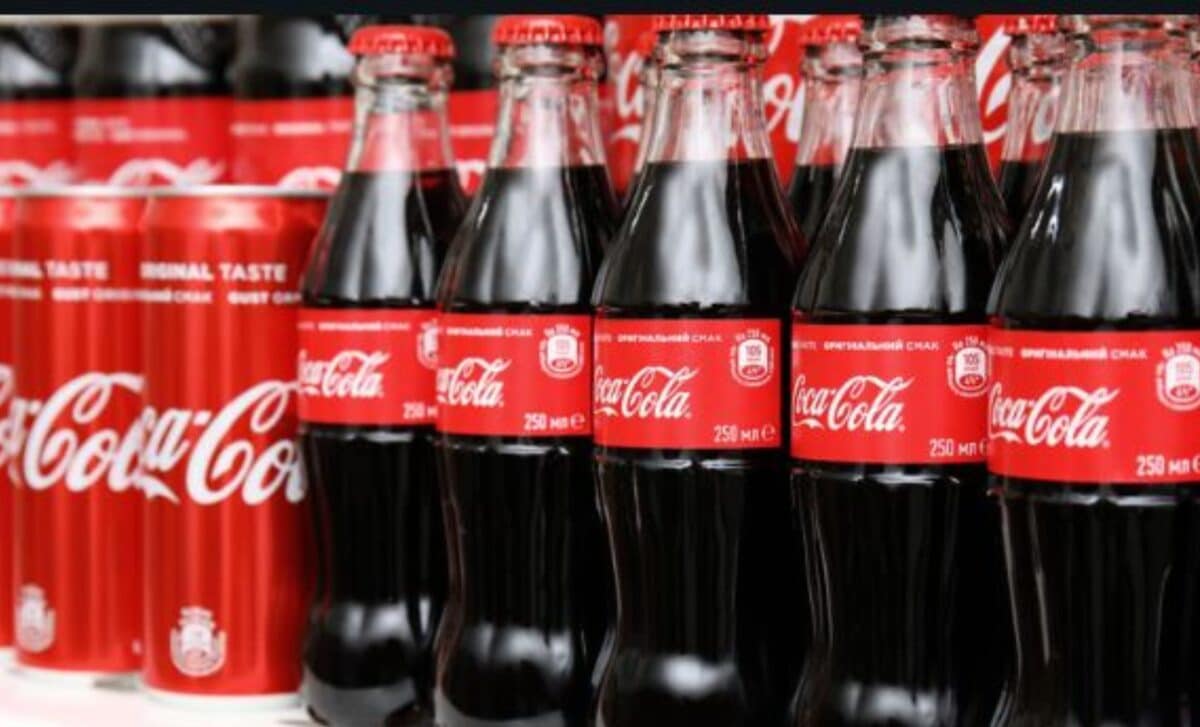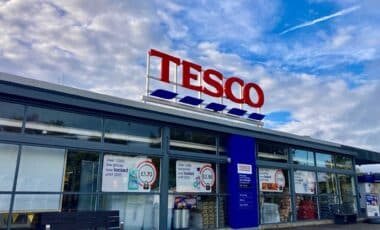Coca-Cola has issued a product recall across several European countries, citing safety concerns linked to higher-than-acceptable levels of chlorate, a chemical by-product of water treatment processes. This precautionary measure has impacted multiple products, including Coca-Cola Original Taste, Diet Coke, and Sprite Zero. While the recall primarily affects Belgium, Luxembourg, and the Netherlands, a small number of imported products sold in the UK are also under scrutiny.
The recall comes after routine quality testing at Coca-Cola’s facility in Belgium identified elevated chlorate levels. Although the company assures consumers that the associated health risks are minimal, regulatory bodies, including the Food Standards Agency (FSA), are investigating the issue to ensure public safety.
The Recall: Products and Regions Affected
The recall targets a range of Coca-Cola products, including Coca-Cola Original Taste, Diet Coke, Sprite Zero, and Appletiser. The primary regions impacted are Belgium, Luxembourg, and the Netherlands, where most of the unsold stock has already been removed from shelves.
In the UK, a limited number of imported cans are under review. Coca-Cola has advised customers to check the production codes on the base of their cans. If the codes fall between 328 GE and 338 GE, the company recommends avoiding consumption and contacting its customer service for further guidance.
A spokesperson for Coca-Cola emphasised the precautionary nature of the recall:
“Independent expert analysis concludes that any associated risk for consumers is very low.”
This reassurance is backed by the company’s swift action in notifying relevant authorities and collaborating with regulators to address the issue comprehensively.
Understanding the Health Risks of Chlorate
Chlorate, a chemical by-product formed during the water disinfection process, is considered safe within regulated limits. However, excessive exposure can pose health risks, particularly to vulnerable populations such as infants and individuals with thyroid issues.
While no adverse health effects have been reported, Coca-Cola’s proactive approach underscores its commitment to consumer safety. The company has stated:
“Coca-Cola considers the quality and safety of its products as its top priority.”
Anne Gravett from the Food Standards Agency (FSA) echoed the need for vigilance, stating:
“If we identify any unsafe food, we’ll take action to ensure it is removed and alert consumers.”
These statements highlight the collaborative effort between Coca-Cola and regulatory bodies to maintain public confidence and prevent any potential health implications.
Coca-Cola’s Response and Commitment
Coca-Cola’s immediate response to the chlorate issue demonstrates its prioritisation of product quality and safety. The company has already removed the majority of affected stock from shelves in the impacted regions and is working with retailers to ensure that any remaining products are swiftly recalled.
The company also clarified that no consumer complaints have been received in the UK regarding the affected products. A spokesperson further assured customers of their commitment to transparency and collaboration:
“We have alerted the authorities on this matter and will continue to collaborate with them.”
By taking these steps, Coca-Cola aims to minimise any potential impact on public trust while reinforcing its reputation for stringent quality control measures.
Regulatory Oversight and Investigation
The Food Standards Agency (FSA) is actively investigating the issue to determine the extent of the potential risk and ensure all necessary precautions are taken. Anne Gravett from the FSA stated:
“If we identify any unsafe food, we’ll take action to ensure it is removed and alert consumers.”
The FSA’s involvement reassures the public that regulatory safeguards are in place to address concerns swiftly. The ongoing investigation also emphasises the importance of transparency and accountability when dealing with potential food safety risks.
What Consumers Should Do
If you have recently purchased Coca-Cola products, particularly those mentioned in the recall, it is crucial to check the production codes on the base of the cans. Affected codes range from 328 GE to 338 GE, and consumers are advised to refrain from consuming these products.
For those who may have already consumed affected products, the risk of adverse health effects is low. However, anyone experiencing symptoms such as nausea, vomiting, or discomfort should seek medical advice.
Consumers can contact Coca-Cola’s customer service team for further instructions on how to handle affected products and obtain replacements or refunds.
A Reminder of Food Safety Vigilance
This recall serves as a reminder of the importance of maintaining rigorous safety standards in food and beverage production. While the risk to consumers is minimal, Coca-Cola’s swift and transparent response highlights its dedication to safeguarding public health.
The collaborative efforts between Coca-Cola and regulatory agencies such as the FSA demonstrate a shared commitment to addressing concerns and maintaining trust in the industry. As the investigation continues, both the company and regulators are working to ensure that any lingering issues are resolved quickly and effectively.









